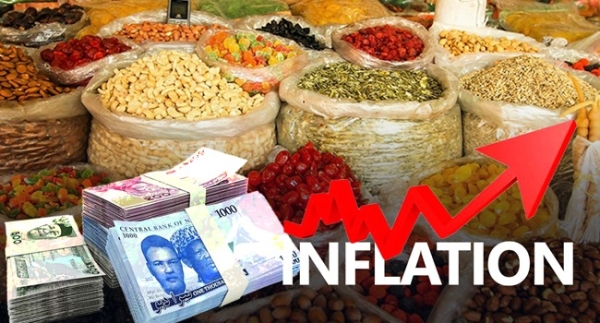Imported food prices in Nigeria have defied government interventions, increasing by 37.65 per cent between January and December 2024, according to the latest Consumer Price Index report released by the National Bureau of Statistics.
The report said the average price of imported food commodities to Nigeria rose to its highest level in December, recording an increase of 260.8 basis points from 692.6 per cent recorded in January 2024.
Our correspondent also observed that the price of imported food has been on a monthly upward trajectory since 2020.
The data highlighted a significant rise of 41.28 per cent per cent year-on-year increase in December 2024, marking a 278.6 percentage point.
This price surge comes amid plans by the government to utilise food import as a succour to beat down the price of basic food items and ensure food security.
This sharp rise was been attributed to multiple factors, including currency devaluation, global supply chain disruptions, and inefficiencies in domestic policies.
In July 2024, the Federal Government announced a 150-day duty-free import window for food commodities as it stepped up efforts to tackle rising inflation, which had impoverished many Nigerians.
The commodities include maize, husked brown rice, wheat and cowpea. Under this arrangement, imported food commodities will be subjected to a Recommended Retail Price. It was designed to reduce import costs and make staple foods more affordable.
However, after months of bureaucratic delays, a consignment of 32,000 tons arrived in Lagos earlier this month from Thailand.
Commenting, the Comptroller General of Customs, Bashir Adewale, said the Federal Government’s intervention in the middle of the year was necessary to address the prevailing food inflation in the country.
Adewale speaking at a briefing to announce its highest revenue collection of N6.1tn, noted that the implementation is still ongoing.
He said, “About six items were listed but people tend to look at only some three parts of it so let’s get it very clear, there are items like wheat, there are items like grain, there are some items that can be directly consumed, whereas some of those items are also inputs of other manufacturing and I think it’s only when we get that distinction very clear that we will understand that there are some other objectives behind it, beyond just granting zero percent concession.
“Of course, implementation has been ongoing, and yes, a particular importation, this importation that you’re talking about came in the middle of December, and that particular one was, of course, rice.
“The government, in its wisdom, decided that they were not going to allow polished rice because there are some interests, some local farmers and millers who are also in this business, and their interests will be compromised if we just allow some wholesale of importation of these items.”
Meanwhile, PricewaterhouseCoopers International Limited has projected that the prevailing economic hardship, high inflation and violence in food-producing regions in northern Nigeria may push 33.1 million Nigerians into food insecurity in 2025.


